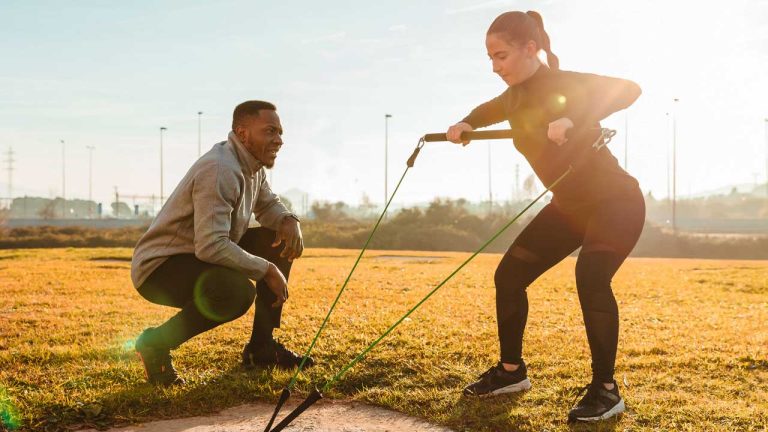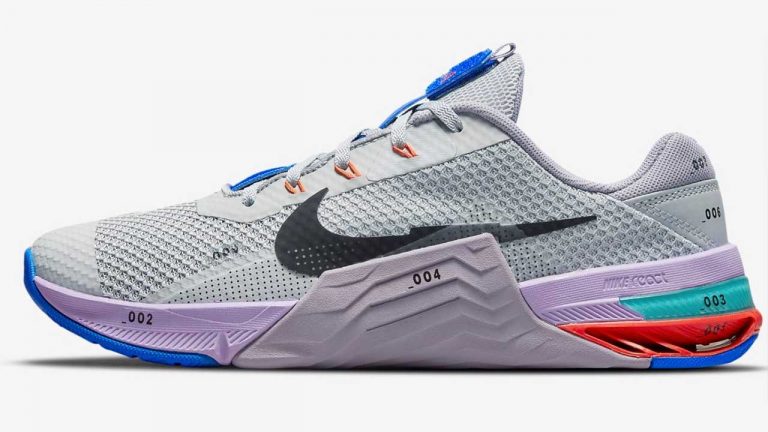Why Are Your Muscles Twitching After a Workout? A Comprehensive Guide
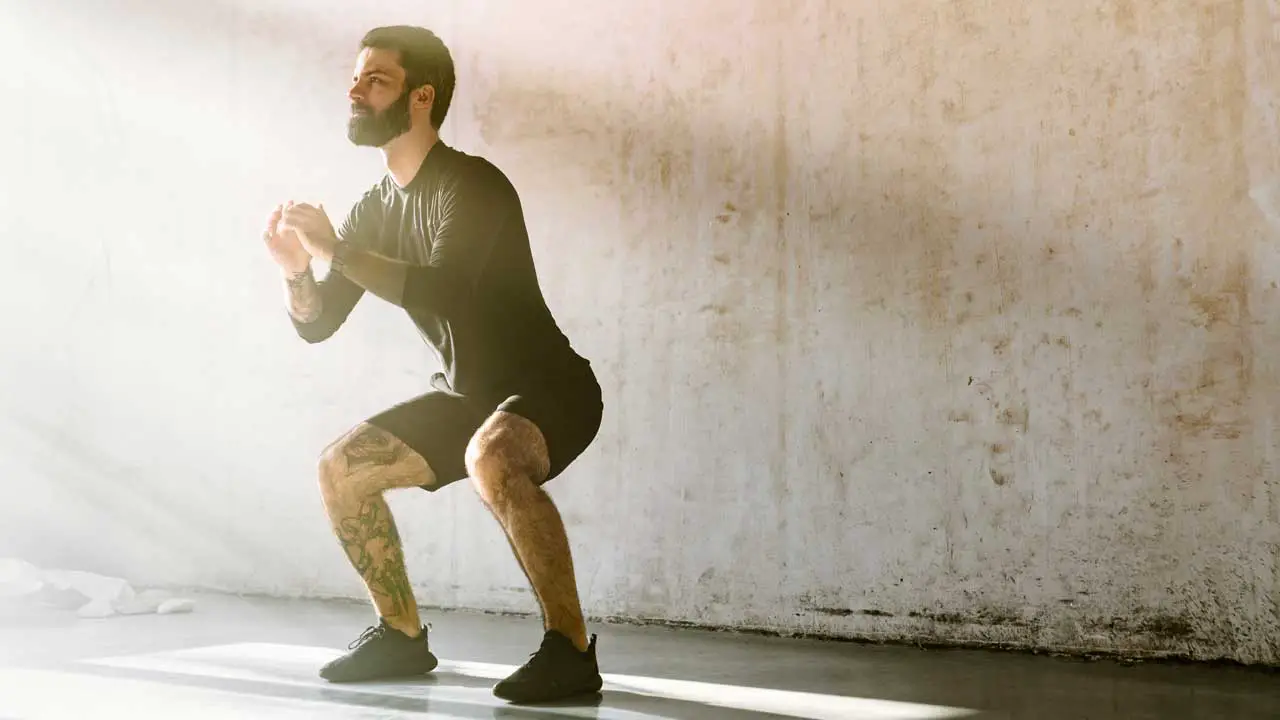
ListedFit is reader-supported. When you buy through links on our site, we may earn a small commission.
Muscles twitching after a workout is a common experience for many people, but it can be confusing and even scary if you’re not sure what’s causing it.
The twitching can range from minor twitching in a single muscle to more severe spasms that affect several muscles at once. In this article, we will explore the causes of muscle twitching after exercise and provide tips for preventing it from happening.
Table of Contents
Causes of Muscle Twitching After a Workout

Dehydration
One of the main causes of muscle twitching after exercise is dehydration. When you sweat during a workout, you lose important fluids and electrolytes that your body needs to function properly. If you don’t replenish these fluids, your muscles can become dehydrated, causing them to twitch.
Electrolyte Imbalance
In addition to dehydration, an imbalance of electrolytes can also cause muscle twitching. Electrolytes, such as sodium, potassium, and magnesium, are important for proper muscle function and can be lost through sweating. If your body is low on electrolytes, it can cause muscle twitching and even muscle cramps.
Overuse or Fatigue
Another common cause of muscle twitching after a workout is overuse or fatigue. If you push your muscles too hard during a workout, they can become fatigued, which can cause twitching. This is especially true if you’re new to exercise or if you’ve increased the intensity of your workout suddenly.
Nerve Irritation
In some cases, muscle twitching after a workout can be caused by nerve irritation. This can occur if you exercise in a way that puts pressure on your nerves or if you have a condition that affects the nerves, such as carpal tunnel syndrome.
Medications
Certain medications, such as those used to treat epilepsy or Parkinson’s disease, can cause muscle twitching as a side effect. If you’re taking medication and experience muscle twitching after a workout, it’s important to talk to your doctor to determine if the medication is the cause.
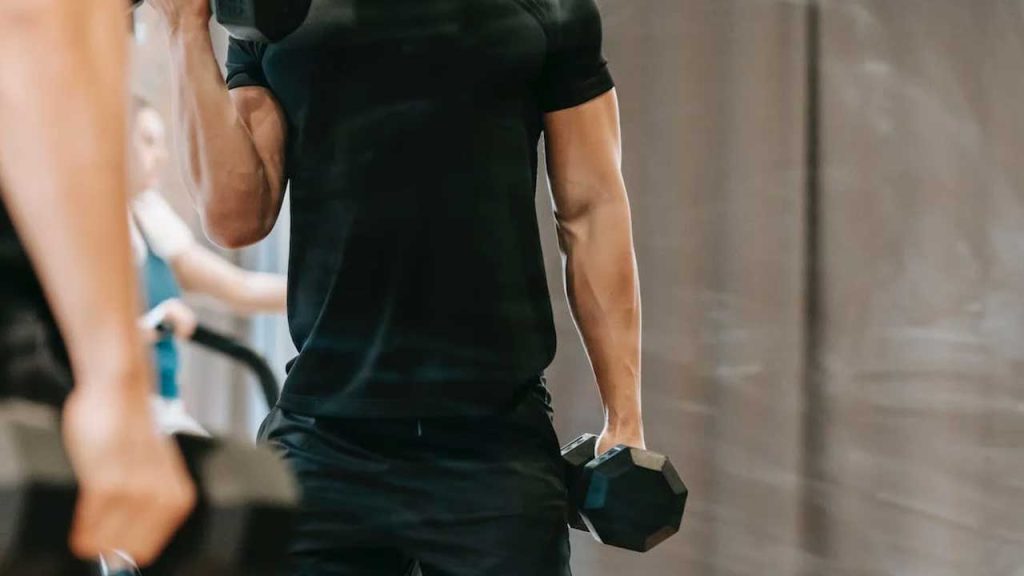
Preventing Muscle Twitching After a Workout
Stay Hydrated
The most important thing you can do to prevent muscle twitching after a workout is to stay hydrated. Make sure to drink plenty of water before, during, and after your workout, and consider replenishing lost electrolytes with sports drinks or electrolyte supplements.
Gradually Increase Intensity
If you’re new to exercise or if you’ve increased the intensity of your workout suddenly, it’s important to gradually increase the intensity to prevent muscle fatigue and twitching. Start with low-impact exercise and gradually increase the intensity as your body becomes stronger.
Stretch After Exercise
Stretching after exercise can help prevent muscle twitching by keeping your muscles flexible and relaxed.
Focus on stretching the muscles you’ve used during your workout, and hold each stretch for at least 30 seconds.
Take Breaks
If you’re feeling fatigued or if your muscles are twitching, take a break from your workout. It’s important to listen to your body and give it the rest it needs to prevent further muscle strain and twitching.
Consider a Massage
Getting a massage can help improve circulation and prevent muscle twitching. Massaging the affected area can help improve blood flow and reduce muscle tension, which can prevent twitching. If you can’t go for a massage, consider using a massage gun.
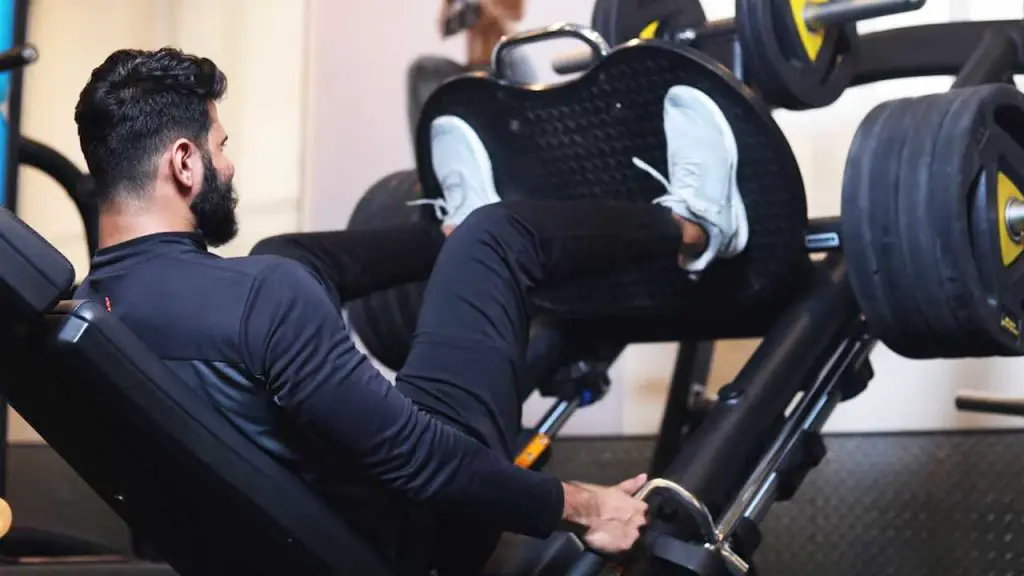
FAQs
Is muscles twitching after a workout normal?
Yes, muscle twitching after a workout is normal for some people. However, if the twitching is persistent or severe, it’s important to talk to your doctor to determine if there’s an underlying medical condition.
How can I tell if my muscle twitching is serious?
If your muscles twitching after a workout is accompanied by other symptoms, such as weakness, muscle pain, or difficulty moving, it may be a sign of a more serious issue. It’s important to talk to your doctor if you experience any of these symptoms.
Can muscles twitching after a workout be prevented?
Yes, muscle twitching after a workout can be prevented by staying hydrated, gradually increasing the intensity of your workout, stretching before and after exercise, taking breaks, and considering a massage.
Conclusion – Why Are Your Muscles Twitching After a Workout?
Muscle twitching after a workout can be confusing and even scary, but it’s a common experience for many people.
By understanding the causes of muscle twitching and taking steps to prevent it, you can ensure that your workout routine is healthy and injury-free.
If you experience persistent or severe muscle twitching, it’s important to talk to your doctor to determine if there’s an underlying medical condition.
Remember, taking care of your muscles after a workout is essential for optimal performance and preventing injury long term.
Author
Latest entries
 GearJuly 20, 2024Headphones and Earbuds – Tried and Tested!
GearJuly 20, 2024Headphones and Earbuds – Tried and Tested! FitnessAugust 19, 2023Yohimbe vs Yohimbine: A Quick Comparison Guide
FitnessAugust 19, 2023Yohimbe vs Yohimbine: A Quick Comparison Guide AshwagandhaJune 16, 2023Is Ashwagandha Good for Working Out? Key Benefits Explored
AshwagandhaJune 16, 2023Is Ashwagandha Good for Working Out? Key Benefits Explored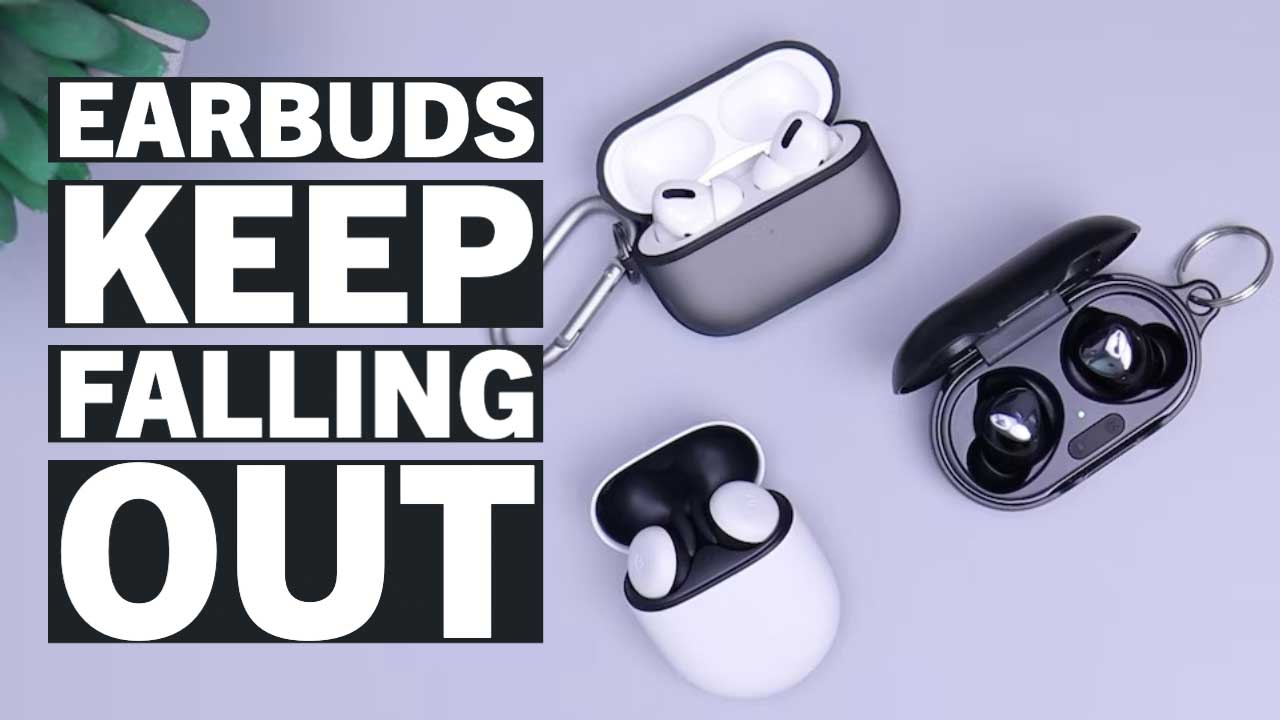 Sports HeadphonesMay 25, 2023Why Your EarBuds Keep Falling Out – Quick and Easy Solutions
Sports HeadphonesMay 25, 2023Why Your EarBuds Keep Falling Out – Quick and Easy Solutions
Affiliates:
This post may contain affiliate links that at no additional cost to you, the site may earn a small commission. We only recommend products we would use ourselves and all opinions expressed on this site are our own.
General Advice:
The information provided in this article is for general informational purposes only. It is not intended as a substitute for professional advice. Always consult with a qualified healthcare professional before starting any new diet, exercise program, or making changes to your health routine.
Accuracy Advice:
While we strive to provide up-to-date and accurate information, the content in this article may not reflect the most current research or medical guidelines. We encourage readers to do further research and consult with professionals for more personalized advice.
Our Recommendations:
The products and services mentioned in any of our articles are recommended based on our independent research and personal experience. We are not sponsored by any company. We aim to suggest products and services we believe are of high quality and could be beneficial to our readers.


